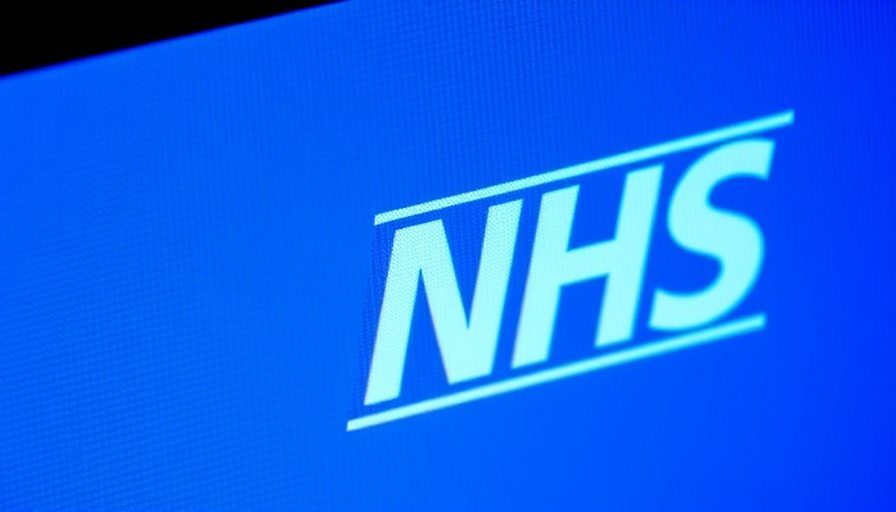
AI in Healthcare: A Double-Edged Sword
The integration of AI tools within healthcare systems holds tremendous potential to streamline operations and enhance patient care. However, the recent incident involving a London patient exposed the dark side of this technological advancement. Mistakenly diagnosed with diabetes due to false information generated by an AI tool, Annie, from Anima Health, this patient found himself facing unnecessary stress and concern. Such incidents raise eyebrows about the reliability of AI in frontline healthcare, revealing that while these tools can save lives, they can also endanger them through misinformation.
The Importance of Accuracy in Medical Records
Accurate patient records are the foundation of effective healthcare. The inaccuracies in this case not only misrepresented the patient’s health status but also put him at risk of unnecessary medical procedures. The records produced by the AI inaccurately claimed significant health issues, highlighting a critical need for vigilant oversight of AI outputs. As AI becomes more prevalent in medical settings, the potential for serious errors emphasizes the question—how can we ensure the reliability of data generated by machines?
Regulatory Scrutiny on AI Tools
Regulators and healthcare leaders are increasingly concerned about the implementation of AI in clinical environments. The NHS has labeled the situation as a 'one-off human error,' yet the incident sheds light on larger systemic vulnerabilities. How many other patients could experience similar mishaps if AI diagnosis systems remain unchecked? As technologies continue to evolve, regulators must proactively adapt frameworks that govern AI in healthcare to prioritize patient safety and efficacy, ensuring that technology supports rather than compromises patient wellbeing.
Human Oversight: A Necessity, Not an Option
This incident starkly illustrates that while automation and AI can enhance efficiency, they cannot replace the nuanced understanding and intuition of healthcare professionals. Continuous human oversight is essential—healthcare workers must remain engaged in interpreting AI-generated data and making informed decisions based on their clinical judgment. By balancing technology with human interaction, healthcare can leverage AI's strengths while mitigating risks associated with inaccuracies.
What This Means for the Future of AI in Healthcare
The dialogue surrounding AI tools in the healthcare sector is more pertinent now than ever. As we advance, it is vital to cultivate a comprehensive understanding of how AI can best serve medical environments without compromising care standards. Considering the incident of the London patient, stakeholders must come together to implement robust training for both AI systems and the professionals who rely on them, fostering an era where AI enhances—not undermines—patient care.
 Add Row
Add Row  Add
Add 



Write A Comment